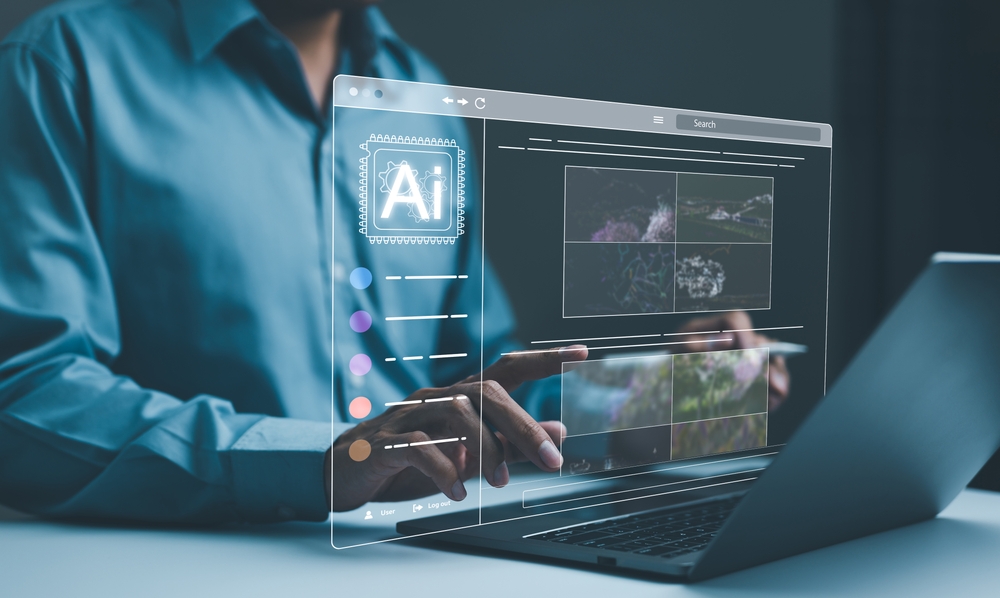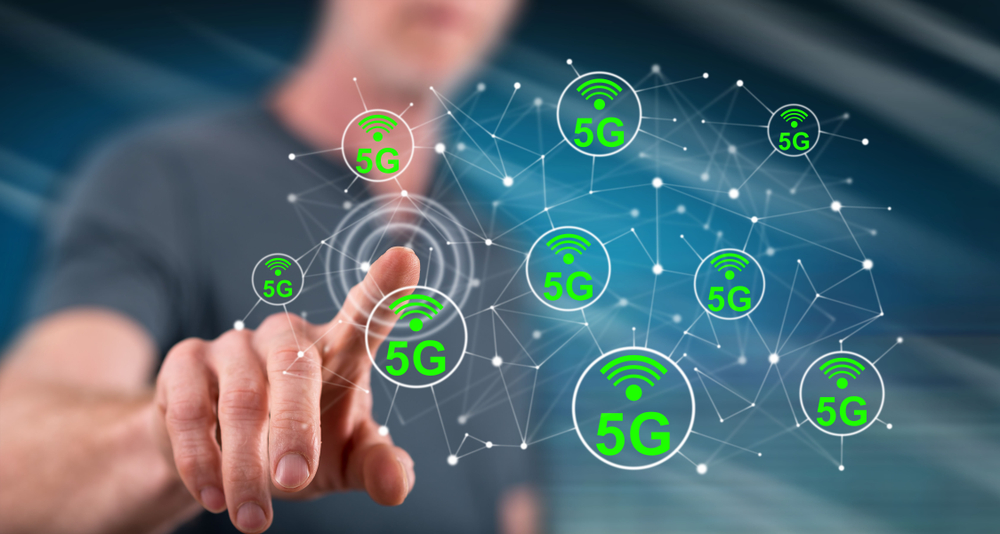Technology is advancing at a rapid pace, influencing every aspect of our lives. From Artificial Intelligence to blockchain technology, there are numerous trends shaping the future. In this article, we explore the pivotal technology trends that are playing a crucial role today and will continue to do so in the coming years.
Artificial Intelligence (AI)
AI is revolutionizing industries worldwide, from healthcare to finance, through advancements in machine learning and deep learning. These technologies empower computers to handle complex tasks and make decisions autonomously, leading to unprecedented efficiencies and insights across various sectors.

Internet of Things (IoT)
IoT facilitates seamless device connectivity, driving innovations like smart homes, connected vehicles, and Industry 4.0. This transformative technology enhances efficiency and unlocks new capabilities, fundamentally reshaping our interaction with the digital landscape. As IoT continues to evolve, it promises to revolutionize industries, improve quality of life, and pave the way for a more interconnected future.
Blockchain Technology
Blockchain provides secure, decentralized transaction capabilities extending beyond cryptocurrencies such as Bitcoin. Its applications range from enhancing supply chain management to revolutionizing voting systems, significantly improving transparency and reliability in various sectors. This technology ensures immutable records and secure data transactions, promising to reshape industries and foster trust in digital interactions globally.
5G Technology
The rollout of 5G promises faster internet speeds and lower latency, empowering advancements in autonomous vehicles, augmented reality, and telemedicine. This next-generation connectivity is poised to revolutionize how these technologies operate, enabling real-time interactions and applications that were previously impractical. As 5G networks expand globally, they are expected to drive unprecedented innovation across industries, ushering in a new era of interconnected devices and seamless digital experiences.

Augmented Reality (AR) and Virtual Reality (VR)
AR and VR are revolutionizing entertainment, education, and training by creating immersive environments that seamlessly blend digital and physical worlds. These technologies provide interactive and lifelike experiences, enhancing learning, entertainment, and skill development. From virtual classrooms to simulated training scenarios, AR and VR are expanding possibilities across various sectors. As these technologies continue to evolve, they are expected to redefine how we perceive and interact with digital content and environments.
Quantum Computing
Quantum computers possess the potential to solve immensely complex problems exponentially faster than classical computers. This capability has profound implications for fields such as cryptography and drug discovery. Quantum computing’s ability to process vast amounts of data and perform calculations beyond the reach of traditional computers promises to revolutionize scientific research and technological innovation. As quantum technologies advance, they are poised to unlock new frontiers in computational science, offering unprecedented solutions to challenges previously deemed insurmountable.
Cybersecurity Advances
As digital threats escalate, advancements in cybersecurity become increasingly crucial. Innovations like AI-powered threat detection and blockchain technology for secure transactions are at the forefront of safeguarding data. AI enhances threat detection by identifying and responding to anomalies in real-time, bolstering defenses against sophisticated cyber attacks. Blockchain, with its decentralized and immutable ledger, ensures secure transactions and data integrity, offering robust protection against tampering and fraud. These technologies represent pivotal advancements in cybersecurity, essential for safeguarding sensitive information in an interconnected digital landscape.

Robotics and Automation
Robotics is revolutionizing industries through automation, significantly enhancing efficiency and enabling tasks in hazardous environments. In sectors ranging from manufacturing to healthcare, robots are increasingly playing integral roles. They streamline production processes, perform repetitive tasks with precision, and undertake dangerous operations that safeguard human workers. As robotics technology advances, its applications continue to expand, promising to reshape industries by optimizing operations and advancing workplace safety standards.
Biotechnology and Genetic Engineering
Advances in biotechnology, such as CRISPR gene editing, offer promising prospects for personalized medicine, agriculture, and environmental sustainability. CRISPR technology allows precise modification of genetic material, potentially revolutionizing disease treatment by targeting specific genetic mutations. In agriculture, it enables the development of crops with improved resilience and nutritional value. Moreover, CRISPR has applications in environmental conservation, facilitating the development of eco-friendly solutions to address pressing ecological challenges. These innovations highlight biotechnology’s transformative potential across diverse fields, shaping a future of enhanced health, food security, and environmental stewardship.
Edge Computing
Edge computing optimizes processing by bringing it closer to data sources, thereby decreasing latency and conserving bandwidth. This approach is pivotal for real-time applications such as IoT devices and autonomous vehicles, where immediate data processing is critical for timely decision-making. By minimizing the distance data needs to travel, edge computing enhances responsiveness and reliability in interconnected systems, fostering innovation in sectors reliant on instant data insights. As edge computing capabilities expand, its role in driving efficiency and performance across diverse applications continues to grow.

Sustainable Technology Solutions
Innovations in renewable energy, green technology, and circular economy models are pivotal in addressing environmental challenges and advancing sustainable development goals. Renewable energy sources such as solar and wind power offer clean alternatives to fossil fuels, reducing greenhouse gas emissions and mitigating climate change impacts. Green technologies innovate across sectors, from energy-efficient buildings to electric vehicles, fostering resource conservation and environmental stewardship. Circular economy models promote waste reduction and resource reuse, promoting economic growth while minimizing environmental footprint. These innovations exemplify
Conclusion
Innovations in technology are shaping a future full of possibilities and challenges. These trends illustrate the profound impact technology has on the economy, society, and our daily lives. By staying informed about these developments and remaining open to them, we can seize the opportunities they offer while tackling the challenges they present. Advances in Artificial Intelligence, IoT, Blockchain, and other areas demonstrate that we are living in an era of constant change driven by technology. It is up to us to responsibly harness these technologies for the benefit of society as we prepare for a future that is increasingly digital and interconnected.

